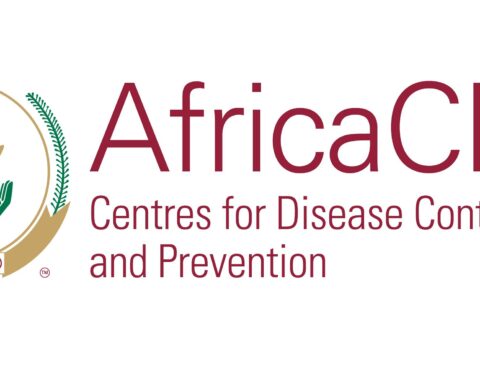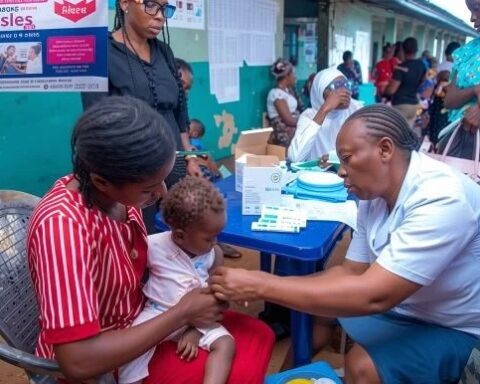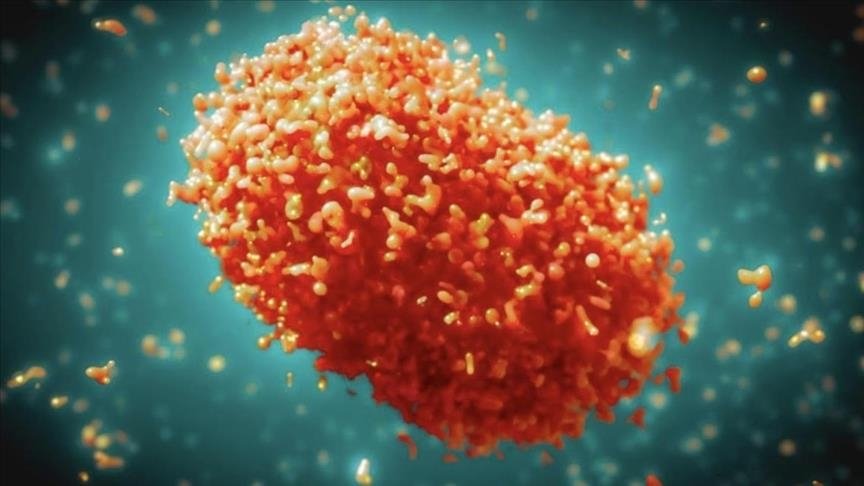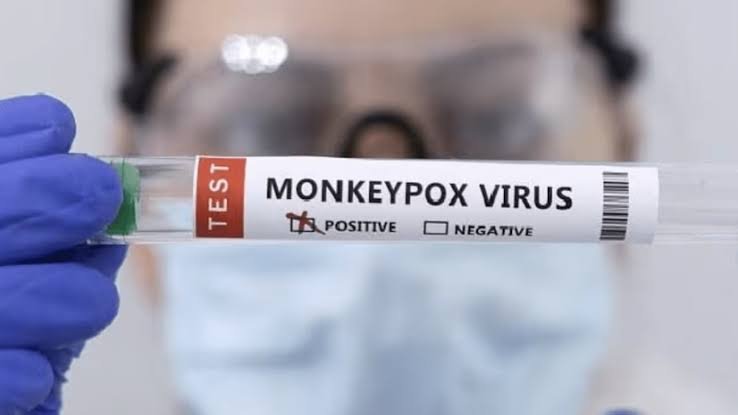The Sickle Cell Foundation of Nigeria (SCFN) has announced its first successful bone marrow transplant (BMT) in the country.
An elated chairman of SCFN, Chief Tunde Afolabi, who announced this at a media briefing yesterday (Tuesday, October 29) in Lagos, on the BMT Programme, said SCFN achieved the historic breakthrough in partnership with Lagos University Teaching Hospital (LUTH), by establishing a state-of-the-art BMT Centre in Lagos.
According to Vanderbilt University, sickle cell disease (SCD) is an inherited blood disorder that causes the red blood cells to be shaped like a crescent. Red blood cells are normally shaped like a disc.
Normal red blood cells are able to flow freely within the blood vessel, carrying oxygen throughout the body.
But, the abnormal cells, shaped like a crescent, are sticky and clump together, blocking blood flow around the body. Serious infections, pain and organ damage can occur.
On BMT, it is done by taking cells that are made in the bone marrow called stem cells.
These stem cells are filtered, and are given back to the donor (autologous transplant) or to another person (allogeneic transplant).
The goal of BMT is to put healthy stem cells into a person after their own unhealthy bone marrow has been treated to kill the abnormal cells.
The News Agency of Nigeria (NAN) reports that BMT is currently the only known cure for sickle cell disorder.
Afolabi said: “Last month, September 2024, our first two patients, one paediatric and one adult, were admitted to the SCFN/LUTH BMT Centre.
“Following weeks of preparation, including chemotherapy and blood transfusions, bone marrow stem cells were harvested from family donors and infused into the patients.“I am delighted and thankful to inform you that, after weeks of meticulous, painstaking, expert care, both patients have now been discharged from the hospital, but will continue to be followed up.
“Strategic partnerships and collaborations gave life to this remarkable achievement.
“SCFN has an amazing partnership with LUTH and I want to appreciate the Chief Medical Director of LUTH, Prof. Wasiu Adeyemo, the previous CMDs Professors Akin Osibogun and Prof. Chris Bode – and the entire LUTH team.’’
He also thanked the technical and medical expertise of LUTH’s multidisciplinary team, and the constant supervision of the Visiting Consultant, Prof. Adetola Kassim and his team of international experts.
Afolabi said: “Our BMT Programme enjoyed training oversight from Vanderbilt University Medical Centre, Nashville, Tennessee, U.S., where our doctors went for BMT training – haematologists, paediatricians, adult physicians and radiologists.
“This was under the auspicious leadership of Prof. Adetola Kassim, a Professor of Medicine (Haematology/Oncology) & Clinical Director of the Adult Stem Cell Transplant Programme at Vanderbilt University Medical Centre.
“BMT training was also provided for the nurses on the programme by Sankalp India Foundation and the Worldwide Network for Blood and Marrow Transplantation (WBMT).’’
Speaking on Sickle Cell Disorder (SCD), Afolabi said the disorder remained a significant public health problem globally.
According to him, it affects nearly 100 million people and accounts for over 50 per cent of deaths among those with the most severe form of the disease.
“In Sub Saharan Africa, where approximately 70 percent of sickle cell births occur, inadequate management has led to a high mortality rate before the age of five.
“In Nigeria, he said that 150,000 babies were born annually with SCD, and over 100,000 die before their fifth birthday.
“In addition, an estimated 50 million people carry the sickle cell trait and are at risk of passing the disorder to their offspring.
“With the average life expectancy of individuals in Nigeria living with SCD at only 20 years, the need for access to effective treatment and cure has never been more urgent,” he said.
On the cost for the marrow transplants, Afolabi said: “These bone marrow transplants that we have carried out, while groundbreaking, remain expensive.
“SCFN aims to make it accessible to those in need.
“Many individuals with SCD live below the poverty line and face significant barriers to care.
“This underscores the critical need for multi-sectoral collaborations and funding support to create a sustainable model for treating SCD in Nigeria.’’
According to him, to address these challenges, SCFN is currently developing the Access to Care Programme, a digital platform that connects sponsors with patients in need of financial support, while transparently tracking funding and treatment progress.
He appealed for partnerships with government bodies, private organisations, and philanthropists to expand the programme.
“Together, we can make this life-saving cure more accessible for all Nigerians living with sickle cell disorder who qualify for it.’’
The SCFN chairman commended Prof. Olu Akinyanju, the Founder of SCFN, whose vision and drive catalysed the realisation of the establishment of the SCFN/LUTH BMT Centre and programme.
He also acknowledged the Lagos state government for the role played in the SCFN/LUTH Bone Marrow Transplant (BMT) Centre.
According to him, the state government provided the initial funding for the civil works at the Olikoye Ransome-Kuti Children Emergency Centre, LUTH, where the BMT Centre is now strategically located.
He also commended NNPC/Chevron JV, and well-meaning individuals who gave generously to the development of the BMT Centre, and the Board members of SCFN.
Afolabi recognised the conscientious efforts of the National Director of SCFN, Dr Annette Akinsete, for her unwavering commitment and for expertly coordinating partnerships to ensure the BMT project was brought to fruition.
Akinsete in her remarks said: “The SCFN/LUTH Bone Marrow Transplant Centre is the first of its kind in West-Africa, and we are proud to offer a safe, quality, and accessible cure for sickle cell disorder here in Nigeria.
“We have always believed that Nigerians deserve access to world-class healthcare at home, and this is now a reality in Nigeria.’’
Similarly, Kassim said: “We are proud to have played a part in this groundbreaking initiative with SCFN and LUTH.
“The success of this global collaboration represents a major step forward in ensuring that the latest medical technologies and treatments are accessible to all, regardless of location.”
In her documented appreciation, the mother of one of the discharged patients, said: “Our bone marrow transplant experience has been remarkable, filled with hope and certainty.
“I felt confident in the exceptional care we received at the Sickle Cell Foundation Nigeria/LUTH BMT Centre. From the moment of admission to discharge, the medical staff provided round-the clock attention.
“The post-transplant care has also been thorough and attentive, with regular check-ins, adjustments to medication, and detailed follow-up tests.
“I truly couldn’t ask for a better experience. The cost of treatment abroad was simply too high.
“I am deeply thankful to SCFN for their dedication in making this cure possible and accessible, turning hope into a reality for us and so many others. It’s hard to put into words how grateful l feel.’’
Commenting, Prof. Wasiu Adeyemo, CMD of LUTH, said, “Partnering with SCFN on this historic project underscores our shared commitment to improving healthcare outcomes for Nigerians living with sickle cell disorder.
“This BMT Centre is a major leap forward in offering accessible treatment for those who need it most.”
Adeyemo was represented at the event by Prof. Bello Babawale, the Deputy Chairman, Medical Advisory Committee (CMAC), LUTH.



























